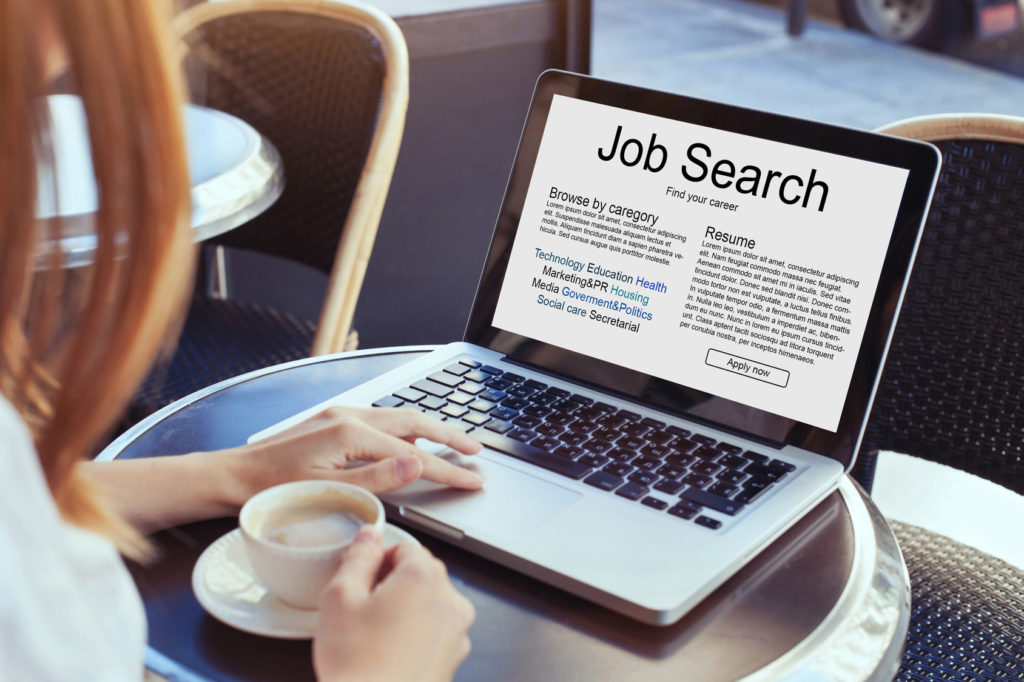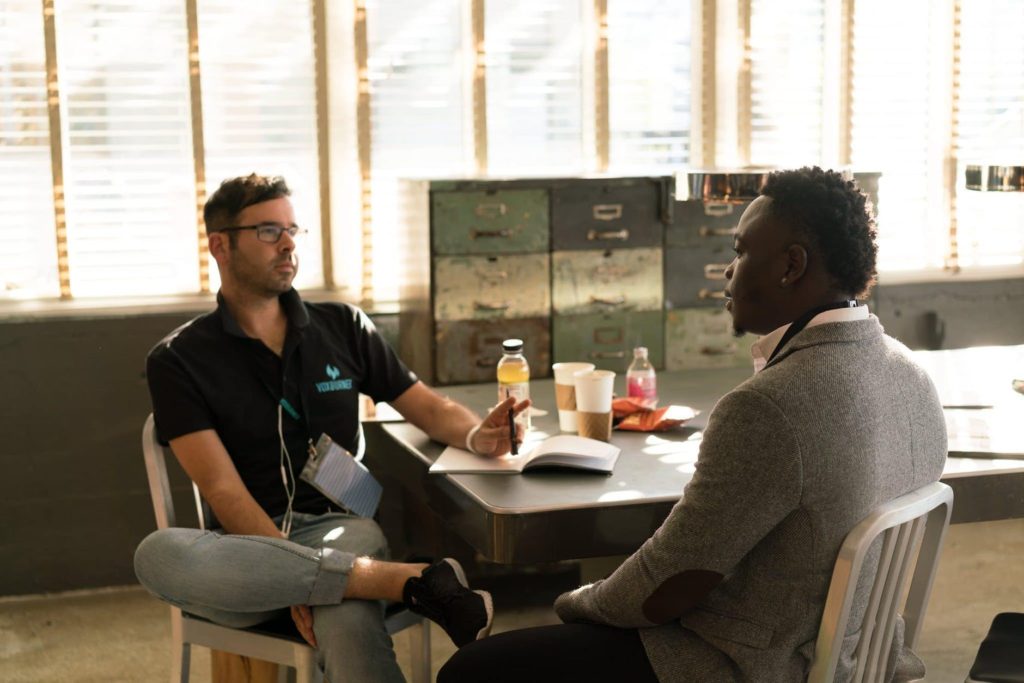
by Jack Lloyd
If you’ve made the decision to move on from your job and find your next role, one of the biggest challenges can be to update your CV. It’s important to get it right and ensure that your career history is relevant to any new positions that you’re going to apply for.
If you’re not sure where to start, or sigh at the thought of having to revisit your CV – don’t fear. Our advice will help you to update your CV and find your next role.
Do your research
Before pursuing your next role, always do your research on the jobs you’d like to apply for, to find out as much about the positions as possible.
This will not only benefit your CV, but also ensures that you’re well-informed and have thought about it carefully, as opposed making any impulsive decisions.
Whether it’s a similar or completely different industry, you can research the role through career sites, industry publications and by by speaking to people working in the industry. This first-hand knowledge can be extremely valuable.
This will enable you to know exactly what the job entails, what skills are required and how you can progress throughout. Vital information for updating your CV.
Research all areas of the role to gain an understanding of the challenges you may face. This will give you much better knowledge of the skills needed to exhibit in your CV to land a job interview.
Highlight any relevant skills and experience
When it comes to listing your skills and experience, only include information that supports your goals. Otherwise it will detract from the main focus of your CV.
If you show that you have the skills and attributes needed for the role, you’ll stand a better chance of landing an interview.
And if you’re lacking a few specific skills in the industry, then consider looking for examples that demonstrate transferable skills. For example, communication, organisation, management and leadership skills – these are valued in any industry.
Update your personal statement
Make sure that your personal statement or profile emphasises why you’re the perfect candidate for the role. This will sit at the top of your CV and should always be tailored towards the job you’re applying for.
Exhibit what you have to offer and highlight any achievements that are applicable to the industry. Just make sure you keep this short and concise. Anything longer than around four or five sentences can be off-putting.
Update your employment history
Highlighting your experience is crucial to landing your new role. Where possible, focus on your accomplishments or any other skills you’ve acquired which may help you in the position you’re applying for.
Don’t feel the need to reel off every job if it doesn’t emphasise any of the essential skills required. Instead, try to provide examples of when you met deadlines, hit targets and were recognised for doing a great job.
Add links and qualifications
There are always alternative ways to boost your CV’s appeal. Qualifications are always a great place to start. If you can, gain some relevant certificates or show that you’re working towards them. This will prove that you are dedicated to your career choice.
Adding links to your CV will also help modernise it and allow recruiters to view any additional work or your portfolio.
Ready to update your CV?
When updating your CV, remember to focus on key aspects that are applicable to the position and minimise anything that isn’t relevant.
Once you know the role and have assessed the industry, tailor your CV accordingly. Those that demonstrate the right skills and show a genuine interest in the company will stand out from the crowd and help you launch a new and prosperous career ahead.
Jack is a Content Marketing Executive at CV-Library. As a graduate of English literature and creator of Ramble on Records, he loves to write about a wide range of content and can be seen enjoying live music and festivals across the UK.



